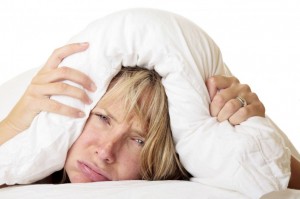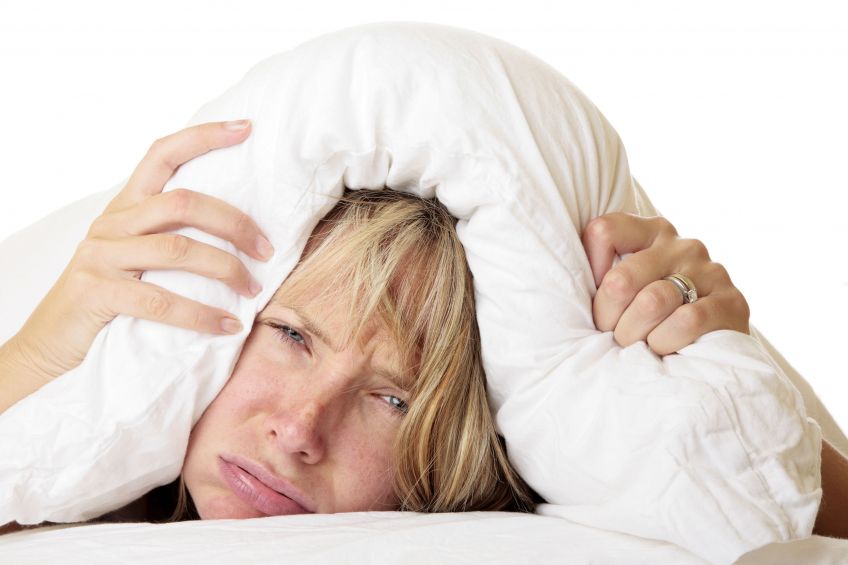Sleep is often times not taken as seriously as it should be. The number of hours we get to sleep is just as important as the quality of our sleep. Insomnia, a sleep disorder that affects how you fall asleep, stay asleep, or a combination of the two, is a growing concern.
A study published in 2011, coordinated by the World Health Organization, insomnia costs U.S. employers an astonishing $63 billion annually. The research studied more than 7,400 employed people across the United States. The results also concluded that 23% of the participants suffered from insomnia at least three times a week, resulting in the equivalent of 7.8 days of lost work productivity a year –or about $2,300 for an average employee’s salary.
Insomnia effects can range from mild sleepiness at work and tension headaches to more serious side effects such as depression and gastrointestinal symptoms. Although many of us may experience short-term insomnia at some point in our lives, it is truly scary to live with this disorder on a regular, or chronic, basis.
The following factors can increase your risk of developing insomnia:
Being a woman. Although men can develop insomnia, women have a greater chance of experiencing the disorder. Hormonal fluctuations caused by menstruation, pregnancy, and menopause all increase the risk.
Being over the age of 60. Sleep patterns change as we get older, causing problems for our bodies. Over time , some people may learn to adapt with less sleep than others, but as a general rule, we need more recuperative sleep as we age to rest our bodies. If we don’t get the amount of sleep we need, unwanted mild to severe insomnia symptoms could develop.
Having a mental disorder. There are certain diseases that predispose people to a greater risk of developing insomnia. Anxiety, bipolar, and depressive disorders are 3 three ailments that often result in a higher percentage of people with insomnia. Some clinics have also added autism, as well as medical disorders such as heartburn, fibromyalgia , and thyroid disease.
Being stressed out. Many of us have dealt with some degree of insomnia due to our jobs; however, it is very common to develop chronic insomnia due to life-altering events such as the loss of a loved one. Research also suggests that unemployed people and those who earn a low income are also at a high risk of developing insomnia.
Working at night or changing shifts often. Ideally, we’d all prefer some stability in our sleep patterns. A consistent bedtime may be difficult to get if you work overnight or a retail job, where your hours often change on a daily or weekly basis.
Traveling often. Jet lag is a serious problem for a lot of people. Crossing multiple time zones is not just a tiring experience, but also disrupts a person’s internal clock, causing major sleep loss.
Knowing what makes it more difficult for you to sleep is great to analyze how to make necessary adjustments. Use a sleep diary to record your daily habits to find what factors are in your control. If you find that you have trouble falling asleep, and/or staying asleep for an extended amount of time, please consult a licensed physician immediately.



No comments yet.